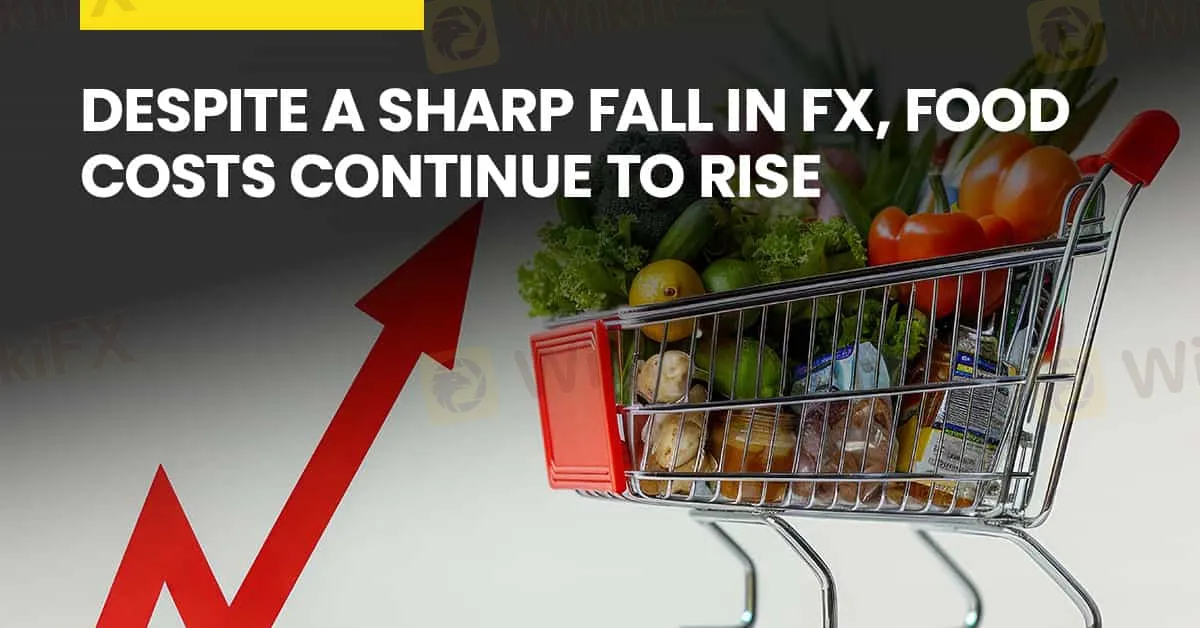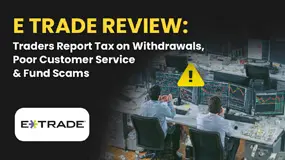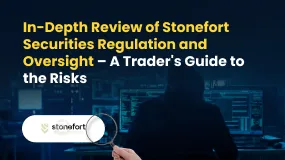简体中文
繁體中文
English
Pусский
日本語
ภาษาไทย
Tiếng Việt
Bahasa Indonesia
Español
हिन्दी
Filippiiniläinen
Français
Deutsch
Português
Türkçe
한국어
العربية
DESPITE A SHARP FALL IN FX, FOOD COSTS CONTINUE TO RISE.
Abstract:The present increase in the cost of food and agricultural commodities is a frequent grievance in Nigeria. Prices have stayed high despite the fall in forex, despite the fact that many traders have attributed the high costs to the rise in the dollar.

The present increase in the cost of food and agricultural commodities is a frequent grievance in Nigeria. Prices have stayed high despite the fall in forex, despite the fact that many traders have attributed the high costs to the rise in the dollar.
The rising cost of food commodities is a concerning aspect in the volatile currency market. Retailers consistently attribute this on rising dollar exchange rates, but customers continue to express dissatisfaction and, in many cases, accept the situation as normal.
Though the recent, horrifying spike in the value of the dollar has undoubtedly contributed to a significant increase in the price of food commodities, there are really a number of other aspects that should be taken into consideration in order to mitigate the rising cost of food commodities.
It is no longer news that the dollar, which had reached an all-time high of N1,600, had to swallow the speculators' predictions and rise to as much as two thousand naira to a $1. The naira gained steadily over the course of the last week, and it has been hovering around one thousand two hundred to one thousand three hundred.
Because of the naira's volatility, big-box retailers and shopping centers refused to post prices on their shelves because, when customers would pick up goods or produce, they would discover that the prices had increased or altered at the register or cashier's desk.
Retailers were further educated about this volatility and raised prices arbitrarily. Meanwhile, consumer backlash compelled producers to defend themselves and later reveal their off-taker rates to the public.
Aside from the volatile foreign exchange market, there is the tragedy of the killer herdsmen/unknown gunmen who target farming villages and communities. These attacks are known to occur, especially in states that produce food, including Benue, Kaduna, Katsina, and Zamfara. These do not in any way compound the ongoing political unrest, recurring intercommunal conflicts, or other security issues that are known to impact other communities.
It's common knowledge that residents of certain towns in the states of Kaduna and Zamfara, respectively, must give ransom payments to kidnappers every week in order to avoid being abducted and having to pay enormous sums of money to be released or killed.
The FCT, which imports the majority of its food from other states, has seen a rise in the price of food items due in part to the high cost of fuel and, eventually, transportation.
As farmers, retailers, and transporters argue that the government should enforce price control when there is little to no subsidies to support their output, this reality has completely rejected the idea of price control.
It is also no longer news that, when Nigeria attempted to promote locally grown goods, the border restriction undoubtedly posed a significant issue since, rather than seeing their prices drop and become more reasonable, producers of locally produced goods, like rice, raised their prices, further driving up the cost of food commodities.
But greed continues to be the most evident and widely acknowledged factor contributing to the growing cost of commodities. Undoubtedly, the majority of retailers prioritize their profit margin over the mutually agreed-upon fair price margin in their haste to turn a profit.
Many shops will always choose to make enormous profits for smaller sales than taking a smaller profit for greater sales. Regretfully, the commodity market in Nigeria still operates like this.
Meanwhile, architect Kabiru Ibrahim, president of the all-Farmers Association, said in response to the query of why prices are still high despite the naira's climb
\Since they often sell their products at fair rates at the farm gate, farmers are just as surprised as the rest of the population that food inflation is still greater than the nation's overall inflationary trend.
“The increase in pricing is the result of middlemen purchasing from them and selling to the general people. He said, ”They usually blame handling, transportation, and of course their profit margins for the price increase.
“I believe prices will come down significantly as the Naira continues to firm up,” he said, expressing thanks on behalf of most Nigerians.
A farmer from Kachia named Aboi Kaduma states, “We can only stay in the farm between 8-10am now.” Because of the security situation here, we are unable to leave earlier. If you leave too early, herders and unidentified gunmen may waste (murder) you, and by ten o'clock the sweltering sun will have roasted and exhausted us.
It is regrettable that Kaduna state still experiences horrific attacks by alleged bandits in spite of the protests of the populace. We therefore use what little we are able to create to support our families. Prices won't go down until the security issue is resolved. According to Madam Chinwe (last name withheld), a vendor at Abuja's Dutse market, “it is expensive to import fresh food into Abuja.” Carrying food across Nigeria is also a highly dangerous endeavor. Every day, the transporters run the possibility of being killed or kidnapped; if they are able to deliver, they are paid for overcoming the dangers, she continued.
Collins Nwegbu, a father of two, believes that certain foods are indulgences that can be done without because the current economy is not to everyone's liking.
We have to eat to survive in this economy. I've learned from the economics that three square meals are no longer necessary. We finish our meals by 4:30 and finish our breakfast by 11 a.m.
Though food is one of the three basic human needs (along with clothing and shelter), it is undeniable that the high cost of food commodities has become a concerning situation. As such, solutions must be found to avert the impending disasters that may occur if they are not addressed now.

Disclaimer:
The views in this article only represent the author's personal views, and do not constitute investment advice on this platform. This platform does not guarantee the accuracy, completeness and timeliness of the information in the article, and will not be liable for any loss caused by the use of or reliance on the information in the article.
Read more

E TRADE Review: Traders Report Tax on Withdrawals, Poor Customer Service & Fund Scams
Has your E Trade forex trading account been charged a withholding tax fee? Did your account get blocked because of multiple deposits? Did you have to constantly call the officials to unblock your account? Failed to open a premium savings account despite submitting multiple documents? Is fund transfer too much of a hassle at E Trade? Did you find the E Trade customer support service not helpful? In this E Trade review article, we have shared certain complaints. Take a look!

mBank Exposed: Top Reasons Why Customers are Giving Thumbs Down to This Bank
Do you find mBank services too slow or unresponsive? Do you find your account getting blocked? Failing to access your account online due to several systemic glitches? Can’t perform the transactions on the mBank app? Do you also witness inappropriate stop-level trade execution by the financial services provider? You are not alone! Frustrated by these unfortunate circumstances, many of its clients have shared negative mBank reviews online. In this article, we have shared some of the reviews. Read on!

In-Depth Uniglobe Markets Commission Fees and Spreads Analysis – What Traders Should Really Know
For experienced traders, the cost of execution is a critical factor in broker selection. Low spreads, fair commissions, and transparent pricing can be the difference between a profitable and a losing strategy over the long term. This has led many to scrutinize the offerings of brokers like Uniglobe Markets, which presents a tiered account structure promising competitive conditions. However, a professional evaluation demands more than a surface-level look at marketing claims. It requires a deep, data-driven analysis of the real trading costs, set against the backdrop of the broker's operational integrity and safety. This comprehensive Uniglobe Markets commission fees and spreads analysis will deconstruct the broker's pricing model, examining its account types, typical spreads, commission policies, and potential ancillary costs. Using data primarily sourced from the global broker inquiry platform WikiFX, we will provide a clear-eyed view of the Uniglobe Markets spreads commissions prici

In-Depth Review of Stonefort Securities Regulation and Oversight – A Trader's Guide to the Risks
For experienced traders, the process of selecting a new broker transcends a simple comparison of spreads and leverage. It is a meticulous due diligence exercise where the integrity of the broker's regulatory framework is paramount. Stonefort Securities, a relatively new entrant in the crowded brokerage space, presents a complex and often contradictory profile. On one hand, it boasts a modern MT5 platform and a stream of positive user testimonials. On the other hand, it is shadowed by severe regulatory warnings that question the very foundation of its operations. This in-depth review focuses on the core issue for any long-term trader: Stonefort Securities regulation and oversight. We will dissect the broker's corporate structure, scrutinize its licensing claims, and analyze what the data implies for trader protection and fund security. For traders evaluating whether Stonefort Securities is a trustworthy partner, understanding these details is not just important—it is essential.
WikiFX Broker
Latest News
WikiFX's New Evaluation of ATM Capital LTD: Does its License Protect the Arab Investor?
How a Fake Moomoo Ad Led to the “New Dream Voyage 5” Scam
Is Axi Legit? A Data-Driven Analysis of Its Regulatory Standing and Trader Feedback
Trive Investigation: High Score, Hidden Risk - The Profit Paradox
In-Depth Uniglobe Markets Commission Fees and Spreads Analysis – What Traders Should Really Know
FXPesa Review: Are Traders Facing High Slippage, Fund Losses & Withdrawal Denials?
CMC Markets Australia Revenue Surges 34%, But High-Net-Worth Clients Face Tax Phishing Threat
Bessent believes there won't be a recession in 2026 but says some sectors are challenged
Young Singaporean Trader Grew USD 52 into a USD 107,700 Portfolio
Is GGCC Legit? A Data-Driven Analysis for Experienced Traders
Currency Calculator



